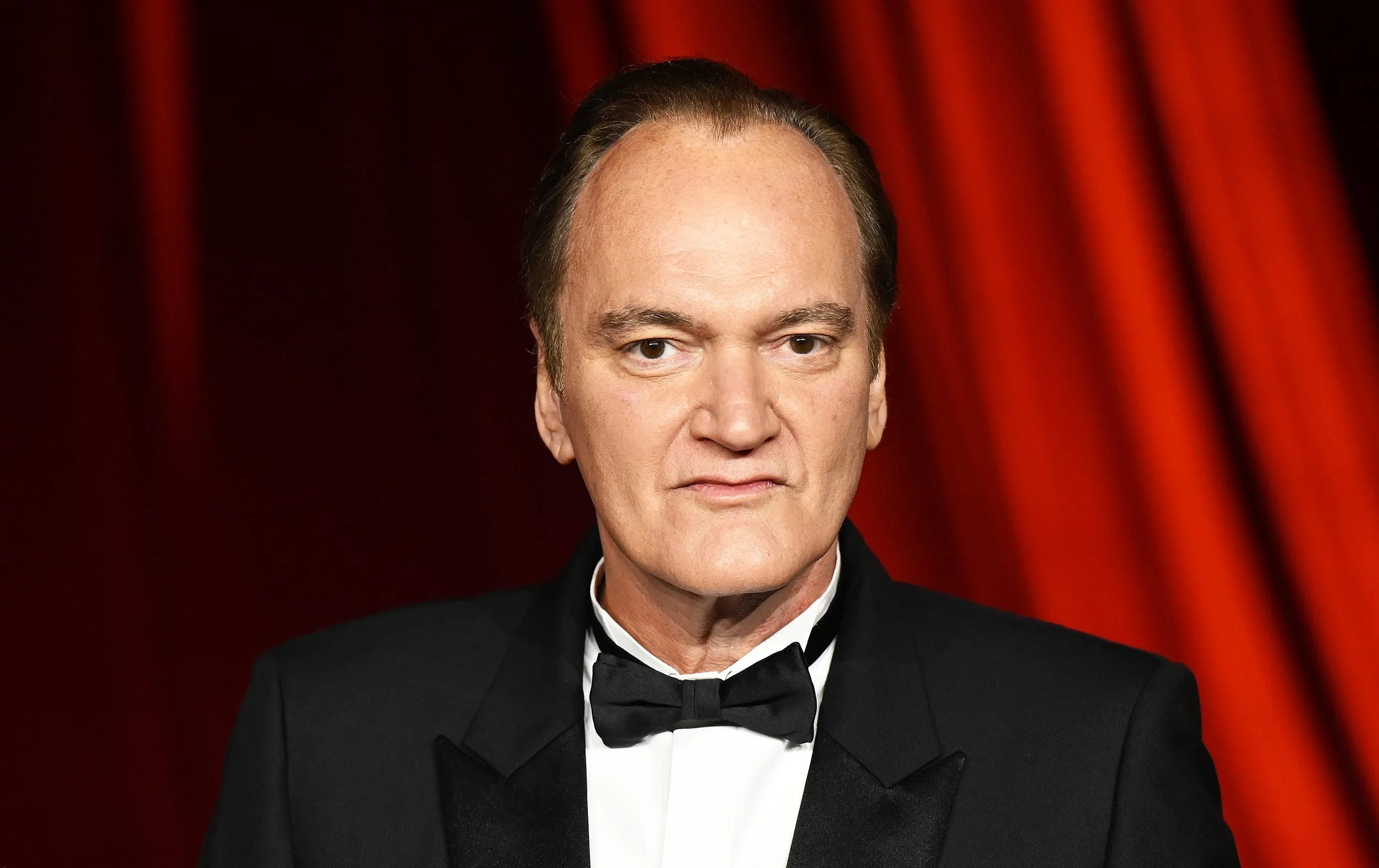Quentin Tarantino’s Bold Refusal: The Blockbuster Films He’ll Never Watch
Quentin Tarantino, the acclaimed filmmaker known for his unique storytelling and cinematic flair, has made headlines once again with his bold refusal to watch certain blockbuster films. In a recent appearance on Bret Easton Ellis’s podcast, Tarantino expressed his disinterest in Denis Villeneuve’s Dune films, stating that he has no need to revisit the story after watching David Lynch’s 1984 adaptation multiple times. This declaration has sparked conversations about the current state of Hollywood and the trend of remaking beloved films.
Tarantino’s critique of the film industry extends beyond Dune. He has voiced frustration over the ongoing trend of remakes, emphasizing that studios are continually revisiting the same stories instead of creating original content. “I find it unnecessary to watch adaptations of works like Dune, Ripley, and Shogun,” he remarked, highlighting his disdain for the lack of originality in contemporary cinema. This sentiment resonates with many filmmakers and critics who share his concerns about Hollywood’s reliance on established intellectual properties (IPs).
During his podcast appearance, Tarantino quipped about Dune, saying, “I don’t need to see a movie that says the word ‘spice’ so dramatically.” This humorous yet pointed remark underscores his belief that the dramatic retelling of familiar narratives lacks the freshness and creativity that he values in filmmaking. By refusing to engage with these remakes, Tarantino challenges audiences to reconsider their expectations and the importance of originality in film.
Tarantino’s list of films he refuses to watch includes Netflix’s Ripley and FX’s Shogun. He has already seen these stories told before and is uninterested in experiencing them again. This refusal is particularly notable given Tarantino’s extensive knowledge of cinema and film history, which makes his stance on remakes even more significant within the industry. His filmography, which includes iconic works such as Pulp Fiction, Kill Bill, and Once Upon a Time in Hollywood, showcases his commitment to original storytelling.
Despite his refusal to engage with remakes, Tarantino has expressed admiration for Todd Phillips’s Joker: Folie à Deux. This indicates that he appreciates original storytelling, even when it diverges from traditional cinematic expectations. His praise for Joker highlights the importance of unique narratives in a landscape increasingly dominated by rehashed content.
Tarantino’s stance reflects a broader cultural commentary on Hollywood’s reliance on established IPs and remakes. Many filmmakers and critics echo his sentiments, arguing that the industry should prioritize fostering new narratives rather than recycling old ones. This critique is particularly relevant in an era where audiences are inundated with sequels, prequels, and adaptations of beloved stories.
By refusing to watch these blockbuster films, Tarantino not only asserts his personal viewing preferences but also influences audience expectations. His comments encourage viewers to seek out originality and innovation in cinema, potentially shaping future cinematic trends. As he aims to direct ten films before retiring, with one more project yet to be announced, Tarantino’s commitment to unique storytelling remains unwavering.
In conclusion, Quentin Tarantino’s bold refusal to watch certain blockbuster films, including Dune, Ripley, and Shogun, serves as a critique of Hollywood’s remake culture. His emphasis on originality and unique storytelling challenges audiences to reconsider their expectations and the value of fresh narratives in film. As the industry continues to grapple with the balance between established IPs and original content, Tarantino’s stance remains a significant voice in the ongoing conversation about the future of cinema.






Leave a Comment